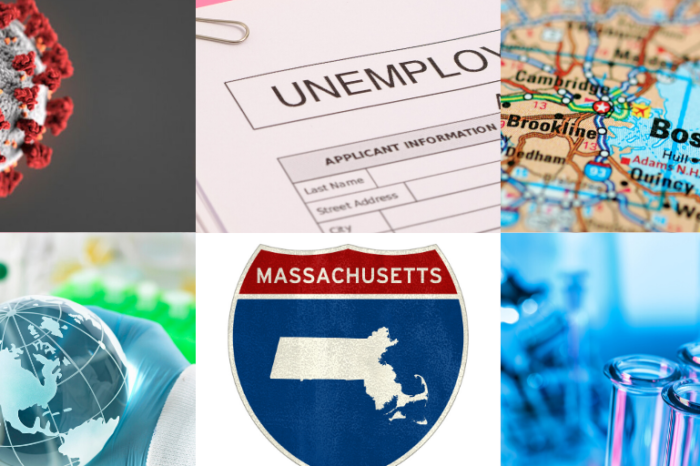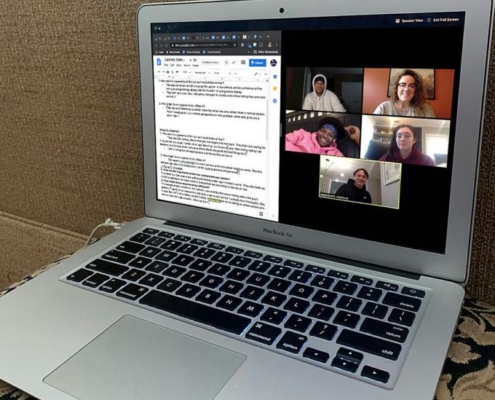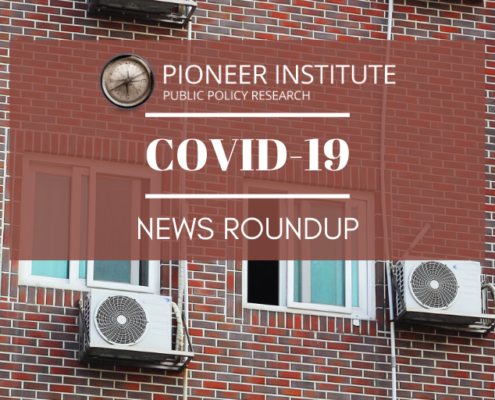New Policy Brief on Federal Relief Act’s Impact on Massachusetts
In a new policy brief, Greg Sullivan and Charlie Chieppo review the impact of the Coronavirus Aid, Relief, and Economic Security Act on Massachusetts’ budget. The fund will be allocated proportionally by population, and Massachusetts is expected to receive approximately $2.67 billion. As the authors note, that won’t put much of a dent in Massachusetts expected state budget shortfall.
They also point out that Massachusetts’ unemployment insurance fund is particularly susceptible to a sudden economic recession because the Commonwealth provides the highest maximum weekly benefits in the nation, the longest benefit period in the nation, and the nation’s highest percentage of unemployed workers covered. Read the policy brief here.
Get Our COVID-19 News, Tips & Resources!
Related Content:












